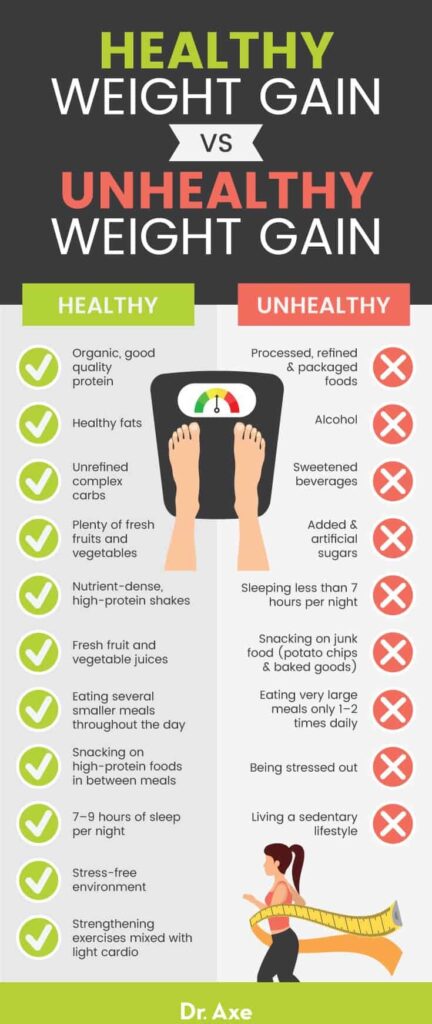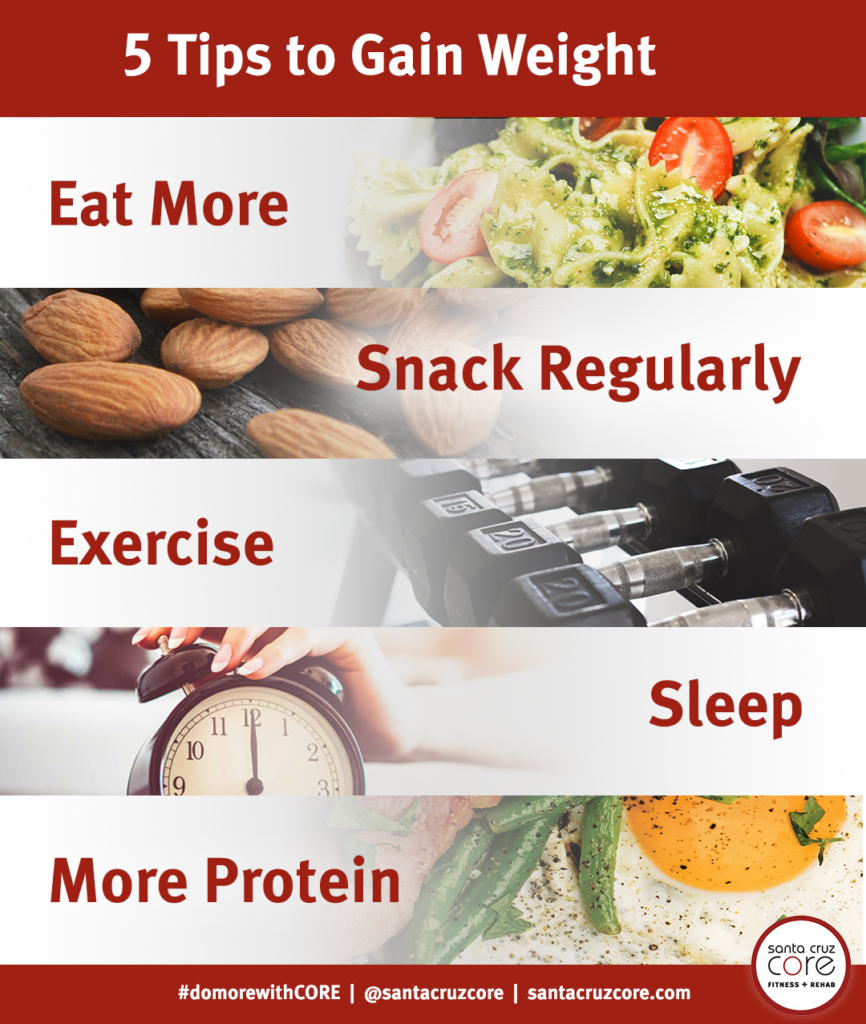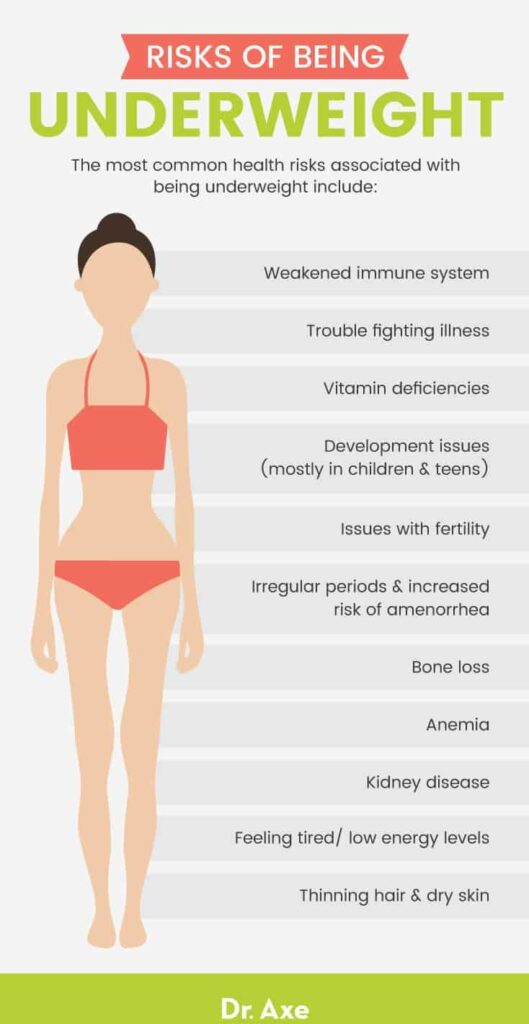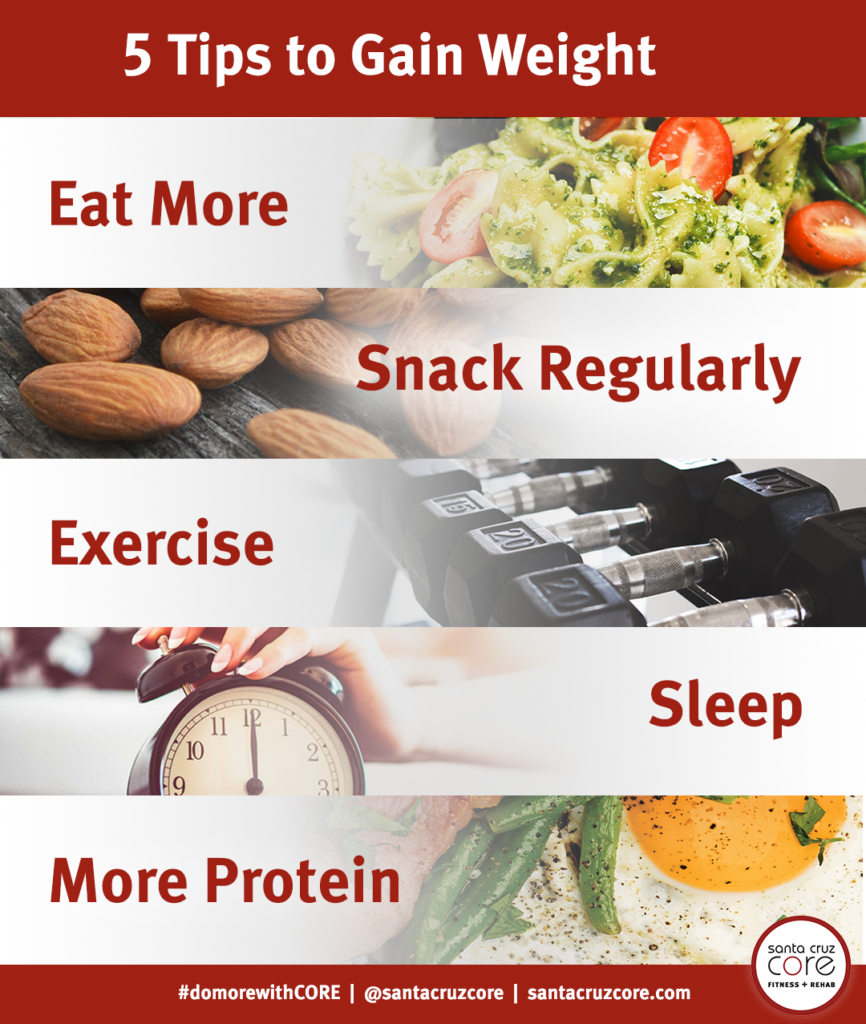Are you looking to gain weight in a safe and effective way? In this article, we will explore the best strategies to help you achieve your weight gain goals. We will discuss the importance of a balanced diet, the role of exercise, and provide practical tips to help you reach your desired weight. So, if you’re ready to embark on a journey towards a healthier and happier you, let’s get started!

Understanding Weight Gain
The Importance of Healthy Weight Gain
Gaining weight is not just about achieving a certain number on the scale. It is important to focus on healthy weight gain, which involves increasing muscle mass and promoting overall well-being. By gaining weight in a healthy manner, you can enhance your strength, energy levels, and self-confidence.
Factors That Affect Weight Gain
Various factors can influence weight gain. Genetics, metabolism, lifestyle, and diet all play significant roles. It is essential to understand that everyone’s body is different, and the rate at which weight is gained can vary. It is important to be patient and focus on long-term sustainable weight gain rather than rushing the process.
Setting Realistic Goals
Setting realistic goals is crucial to avoid frustration and disappointment. Be mindful of your body type and your personal goals. It is important to consult with professionals such as dietitians or personal trainers to determine healthy weight gain goals based on your individual circumstances. Remember, the journey towards gaining weight should be gradual and sustainable, aiming for long-term success.
Creating a Calorie Surplus
Calculating Daily Calorie Needs
To gain weight, you need to consume more calories than you burn. Calculating your daily calorie needs will help you establish the appropriate calorie surplus. There are various online calculators and formulas available to estimate your daily calorie requirements based on your activity level, age, gender, and weight goals.
Increasing Caloric Intake
Once you have determined your daily calorie needs, the next step is to increase your caloric intake. This can be achieved by incorporating more calorie-dense foods into your meals and snacks. Focus on consuming a variety of nutrient-rich foods that provide a balanced combination of carbohydrates, protein, and healthy fats.
Choosing Nutrient-Dense Foods
When aiming to gain weight, it is important to prioritize nutrient-dense foods. Nutrient-dense foods provide essential vitamins, minerals, and macronutrients while keeping calorie intake in mind. Include whole grains, lean proteins, fruits, vegetables, and healthy fats such as avocados, nuts, and seeds in your diet.
Snacking Strategically
Strategic snacking throughout the day can help increase overall calorie intake. Incorporate healthy, calorie-dense snacks such as nuts, nut butter, yogurt, protein bars, and dried fruits into your daily routine. Additionally, consider having a pre-bedtime snack to provide your body with sustained energy during sleep.
Balanced and Nutrient-Rich Diet
The Role of Macronutrients
Macronutrients, including carbohydrates, protein, and fats, are essential for weight gain. Carbohydrates provide the primary source of energy, while protein supports muscle growth and repair. Healthy fats are crucial for hormone production and overall health. Balancing these macronutrients is vital for optimal weight gain and overall well-being.
Carbohydrates: Energy Providers
Carbohydrates should make up a significant portion of your daily caloric intake. Focus on consuming complex carbohydrates such as whole grains, legumes, and starchy vegetables. These provide essential nutrients and sustained energy, helping you meet your increased calorie needs.
Protein: Building Blocks of Muscles
Protein plays a crucial role in muscle growth and repair. Include high-quality protein sources such as lean meats, poultry, fish, tofu, dairy products, and legumes in your meals. Aim for a balanced distribution of protein throughout the day to support muscle development and recovery.
Healthy Fats: Essential for Weight Gain
Healthy fats are a rich source of calories and provide important nutrients. Include foods like avocados, nuts, seeds, olive oil, and fatty fish in your diet. These fats aid in nutrient absorption and hormone production, supporting healthy weight gain.
Vitamins and Minerals: Supporting Overall Health
While macronutrients are important, it is equally crucial to consume a variety of fruits and vegetables to obtain essential vitamins and minerals. These micronutrients support overall health, immune function, and energy production. Incorporate a wide range of colorful fruits and vegetables into your meals to ensure a well-rounded and nutrient-rich diet.
Meal Planning for Weight Gain
Setting a Regular Eating Schedule
Establishing a regular eating schedule is crucial for weight gain. Aim to eat three main meals and two to three snacks each day. Consistency in meal times helps regulate hunger cues and ensures you are consistently meeting your increased caloric needs.
Including All Food Groups
Ensure that each meal includes a variety of food groups to provide a balanced combination of macronutrients and micronutrients. Opt for whole grains, lean proteins, healthy fats, and a variety of fruits and vegetables. This allows for optimal nutrient intake and supports healthy weight gain.
Prepping Meals in Advance
Preparation is key to maintaining a consistent and balanced diet for weight gain. Spend time planning and prepping your meals in advance to ensure you have easy access to healthy options throughout the week. This can help avoid impulsive food choices that may hinder your progress.
Using Calorie Tracking Tools
Calorie tracking tools can be valuable in monitoring your progress and ensuring you are meeting your desired caloric intake. Several smartphone applications and websites allow you to track your meals, snacks, and overall calorie consumption. These tools provide insights into your nutrient intake and help you make adjustments as needed.

Strength Training Exercises
The Benefits of Strength Training
Strength training exercises are crucial for healthy weight gain. Engaging in resistance training helps stimulate muscle growth, increase strength, and improve overall body composition. It is important to incorporate both compound exercises and isolation exercises to target different muscle groups.
Compound Exercises for Muscle Gain
Compound exercises involve multiple muscle groups and allow for maximum muscle stimulation. Squats, deadlifts, bench presses, and pull-ups are examples of compound exercises that promote overall muscle growth. Incorporating these exercises into your routine can help you achieve your weight gain goals effectively.
Progressive Overload and the Importance of Rest
Progressive overload is essential in strength training for muscle gain. Gradually increasing the weight, reps, or sets performed will challenge your muscles and promote growth. However, it is equally important to allow for adequate rest and recovery between workouts to prevent overexertion and potential injury.
Working with a Personal Trainer
Working with a personal trainer can provide valuable guidance and support in your strength training journey. A qualified trainer can help design a customized workout plan that aligns with your goals and ensures proper form and technique. They can also offer motivation and accountability throughout your weight gain journey.
Cardiovascular Exercise for Weight Gain
Avoiding Excessive Cardio
While cardiovascular exercise is important for overall health, excessive cardio can potentially hinder weight gain efforts. Excessive cardio burns a significant number of calories, which may create a calorie deficit rather than a surplus. Focus on incorporating cardio in moderation while prioritizing strength training and calorie intake.
Strategic Use of Cardio for Heart Health
Cardiovascular exercise is crucial for maintaining heart health and overall fitness. Incorporate moderate-intensity cardio sessions a few times a week to support cardiovascular health. Activities such as brisk walking, cycling, or swimming can be excellent choices that complement your weight gain goals effectively.
Incorporating Low-Impact Aerobic Activities
If you prefer low-impact exercises, consider incorporating activities such as yoga, Pilates, or low-impact aerobics into your routine. These exercises can still provide cardiovascular benefits while minimizing stress on your joints and muscles. Additionally, they can help improve flexibility, balance, and overall body awareness.

Quality Sleep and Recovery
The Role of Sleep in Weight Gain
Quality sleep is often overlooked but plays a significant role in weight gain. During sleep, the body repairs and rebuilds muscle tissue. Aim for a consistent sleep schedule of 7-9 hours per night to support recovery and maximize the benefits of your strength training and weight gain efforts.
Maintaining Consistent Sleep Patterns
Consistency in sleep patterns is crucial for optimizing the quality of your sleep. Establish a regular sleep routine by going to bed and waking up at the same time each day. This helps regulate your body’s internal clock and enhances the overall quality and restfulness of your sleep.
Creating a Relaxing Bedtime Routine
Developing a relaxing bedtime routine can help signal to your body that it is time to wind down and prepare for sleep. Avoid stimulating activities and electronic devices before bed. Instead, engage in calming activities such as reading, gentle stretching, or taking a warm bath to promote relaxation and a restful sleep.
Addressing Underlying Health Issues
Consulting with a Healthcare Professional
If you are struggling to gain weight despite your efforts, it is essential to consult with a healthcare professional. They can evaluate your overall health and determine if there are any underlying health issues that may be affecting your weight gain progress. A professional can provide personalized advice and recommend appropriate interventions if necessary.
Evaluating Hormonal Imbalance
Hormonal imbalances can sometimes contribute to difficulties in gaining weight. Certain medical conditions, such as thyroid disorders or hormonal disruptions, can impact metabolism and hinder weight gain attempts. Consulting with a healthcare professional will help identify and address any hormonal imbalances that may be affecting your journey.
Managing Stress and Mental Health
Stress and mental health play vital roles in overall well-being, including weight gain. Chronic stress can influence appetite, sleep quality, and overall calorie intake. Prioritize stress management techniques, such as meditation, mindfulness, or engaging in hobbies, to support your mental well-being and optimize your weight gain efforts.

Supplements for Weight Gain
Whey Protein and Mass Gainers
Whey protein and mass gainers are popular supplements that can aid in increasing caloric and protein intake. They are convenient options for individuals who struggle to consume enough calories through regular meals. However, it is important to consult with a dietitian or healthcare professional before incorporating supplements into your routine to ensure they align with your overall health goals.
Creatine for Muscle Growth
Creatine is a supplement known for its potential to enhance muscle growth and strength. It aids in increasing the availability of energy during high-intensity workouts, allowing for greater performance and muscle mass development. As with any supplement, consult with a healthcare professional before incorporating creatine into your routine.
Omega-3 Fatty Acids for Overall Health
Omega-3 fatty acids are essential for overall health and well-being. They have anti-inflammatory properties and support heart health, brain function, and joint health. Incorporate dietary sources of omega-3 fatty acids such as fatty fish, chia seeds, flaxseeds, or consider fish oil supplements after consulting with a healthcare professional.
Consultation with a Dietitian Before Supplement Use
Before incorporating any supplements into your routine, it is essential to consult with a registered dietitian or healthcare professional. They can assess your specific needs, goals, and overall health to recommend appropriate supplements. This ensures that you are taking the right supplements for your individual circumstances and avoids any potential adverse effects.
Progress Tracking and Adjustments
Keeping a Weight Gain Journal
Keeping a weight gain journal can be a helpful tool to track your progress. Record your meals, snacks, workouts, and any relevant observations or reflections. Regularly reviewing your journal allows you to identify patterns, make adjustments, and celebrate milestones along your weight gain journey.
Regularly Monitoring Body Measurements
In addition to tracking your weight, regularly monitor other body measurements such as body fat percentage, waist circumference, or muscle mass. These measurements provide a more comprehensive overview of your progress and can help determine if adjustments are needed in your diet or exercise routine.
Adjusting Caloric Intake and Exercise Routine
Weight gain is not a linear process, and adjustments may be necessary to continue progressing. Monitor your weight gain rate and adjust your caloric intake and exercise routine accordingly. Gradually increase your calorie surplus or modify your workout volume and intensity to continue challenging your muscles and promoting progress.
By following these guidelines and adopting a patient and consistent approach, you can safely and effectively gain weight. Remember, the journey towards weight gain is unique and personal, so don’t compare yourself to others. Focus on your own progress, prioritize your health, and celebrate each milestone along the way.
